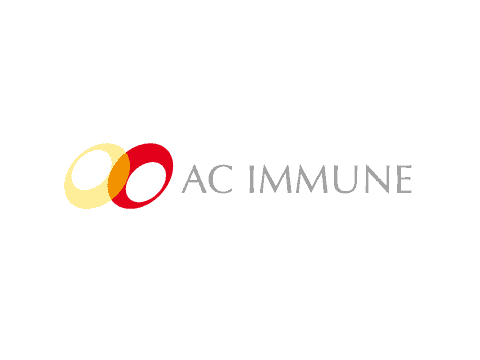
Eli Lilly has had no luck when it comes to developing Alzheimer’s disease (AD) drugs, but it’s not giving up – spending CHF 80m ($81m) upfront to license a tau-targeting candidate from Switzerland’s AC Immune.
The deal for the preclinical stage ACI-3024 drug also includes another $50m in a note that is convertible to AC Immune stock, CHF 60m in near-term milestones, and up to CHF1.7bn in possible future payments if the candidate makes it through development and onto the market.
It’s a colossal amount for such an early-stage programme, reflecting the big rewards that could be garnered by a successful AD drug, despite that fact that dozens of compounds – including Lilly’s own amyloid-targeting solanezumab and lanabecestat – have failed in clinical trials, although the former remains in Lilly’s pipeline.
Tau occurs naturally in the brain and is usually broken down before it reaches high levels. Aggregation of tau into ‘tangles’ is however a feature of a number of neurodegenerative diseases, including AD and Parkinson’s disease, and seems to correlate with the progression of symptoms like cognition and memory decline .
That also applies to amyloid of course, and the development pathway is littered with failed amyloid-targeting drugs even though some candidates are still in development. ACI-3024 has shown signs of reducing pathological tau aggregates and improving memory in preclinical studies, according to Lilly.
The company credited with pioneering the tau hypothesis in AD is TauRx, although its aggregation inhibitor LMTX disappointed in an 891-paient phase 3 trial reported in 2016. A new trial called LUCIDITY is currently underway and due to generate initial results in 2020. Other tau-targeting drugs that have failed in trials include Zeltia’s tideglusib, BMS’ epothilone D and Allon/Paladin Labs’ davunetide.

Mark Mintun
Lilly is undeterred by those setbacks however, and Mark Mintun – the company’s vice president of neurodegeneration and pain research – said that the agreement with AC Immune “represents another opportunity to hopefully make progress against this devastating disease.”
There are a few other players pursuing the development of tau drugs for AD, but ACI-3024 is unusual in that t is a small-molecule drug which can be taken orally.
AbbVie and partner C2N started a phase 2 programme for their ABBV-8E12 monoclonal antibody last year while, just last week, Eisai and University College London (UCL) said they had started preparing for phase 1 testing of their antibody E2814 in AD.
Other companies working on tau include Eisai/Biogen who are looking at combining a tau blocker with an anti-amyloid drug, as well as Bristol-Myers Squibb, Axon Neuroscience and Astellas.




